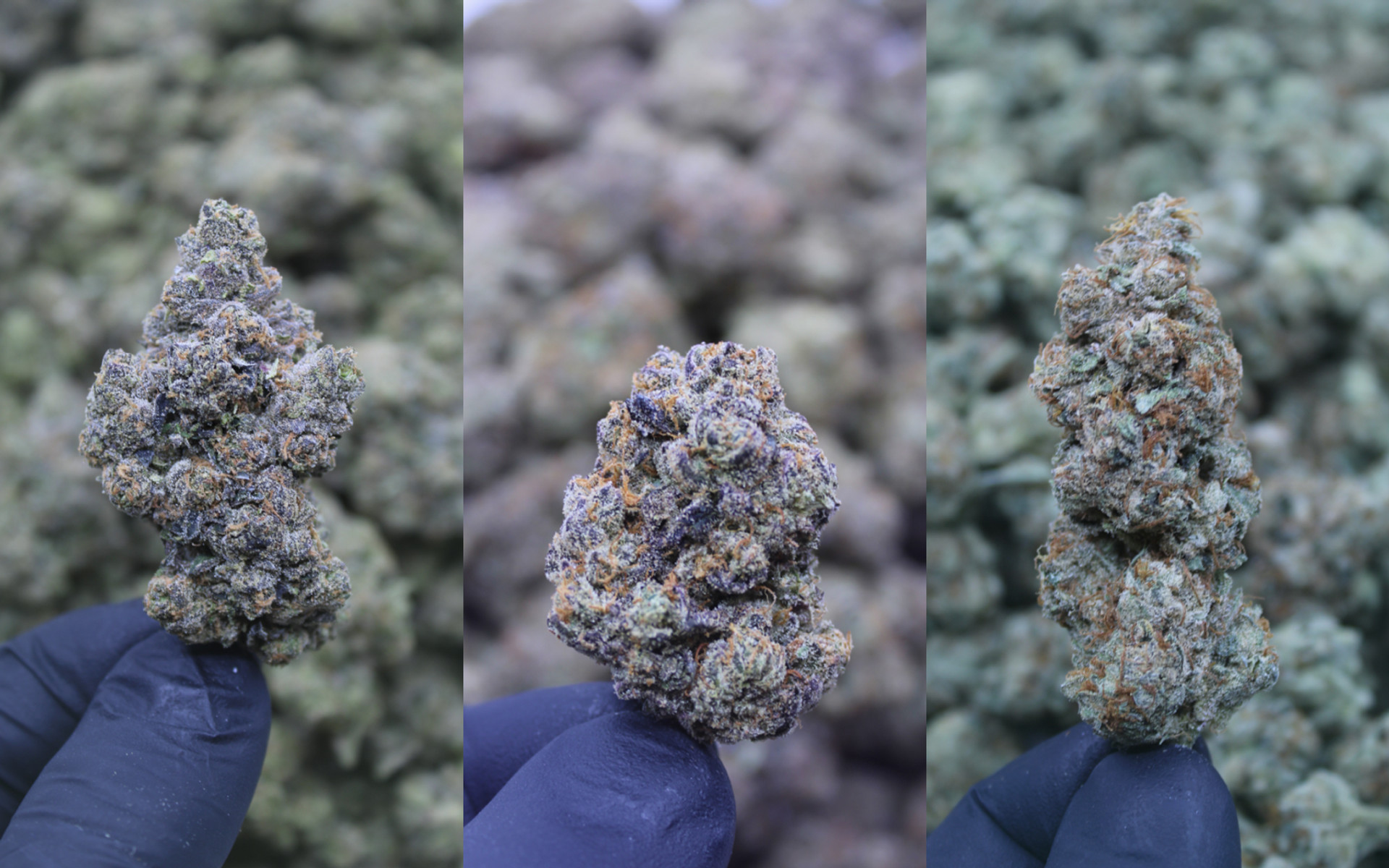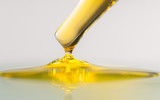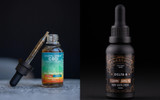
Exploring THCA and THCA Flower
In the ever-evolving landscape of cannabis, there’s a growing fascination with the diverse array of cannabinoids beyond the well know THC and CBD. One cannabinoid gaining significant attention is
THCa (tetrahydrocannabinolic acid), the precursor to THC.
THCa flower emerges from strains specifically cultivated to preserve higher levels of THCa and lower levels of THC. This involves careful harvesting and processing techniques to maintain the plant’s raw form, preventing the decarboxylation process that transforms THCa into THC.
THCa flower offers a balanced cannabinoid profile, including a range of cannabinoids beyond just THC. This balance may contribute to the entourage effect, where the combined compounds enhance each other's effects, potentially providing a more comprehensive and therapeutic experience for users.
At Coastal Green Wellness, through our in house Dankadence brand, we understand the importance of quality and responsible sourcing. We meticulously curate and select our flower and THCa offerings from federally legal and licensed growers who share our commitment to the highest quality standards. Everything we offer is fully compliant with federal guidelines, ensuring you can explore the potential benefits of THCa with complete confidence.

Different ways to use THCa flower
Smoking THCa flower provides users with a level of control over their dosage that may be challenging to achieve with other cannabis products. The gradual onset of effects allows users to gauge their tolerance and adjust their consumption accordingly, making it an appealing option for those seeking a customizable and controlled experience.
THCa is highly sensitive to heat. When cannabis is exposed to temperature above a certain threshold, decarboxylation occurs converting THCa into THC.
THCa flower can be consumed in various ways, from juicing and smoothies to incorporating it into recipes. Additionally, vaporization allows users to experience the effects of THCa without the combustion, preserving the delicate compounds that may be lost during traditional smoking methods.
Some studies suggest that THCa may possess anti-inflammatory properties. Inflammation is implicated in various health conditions, and research on cannabinoids like THCa is exploring their potential role in modulating inflammatory responses.
Like other cannabinoids, THCa is often accompanied by a variety of terpenes and flavonoids. These compounds contribute to the plants aroma, flavor, and potential therapeutic effects.
Legality of THCa
It's crucial for individuals considering smoking THCa flower to be aware of their local regulations and approach its consumption with mindfulness. As with any cannabis product, individual reactions may vary, and it's advisable to start with a low dose to assess personal tolerance and effects. All THCa flower sold at our retailers are from liscensed THCa growers, and test below 0.3% D9 THC.
Can THCa be detected on a drug test?
Yes, using a THCa product whether smoking or eating can cause a positive drug test.
Quality and our standards of THCa
At Coastal Green, our excellence is unwavering. We meticulously curate the finest products, subjecting them to rigorous independent third-party lab testing. Our dedication extends to partnering exclusively with licensed hemp growers practicing organic cultivation methods.

How to judge good flower
Evaluating the quality of cannabis involves considering various factors related to its appearance, aroma, texture, and effects. Here are some guidelines to help you judge the quality of cannabis.
Appearance:
Trichome Coverage: Look for a generous coating of trichomes (small, resinous glands) on the buds. Trichomes contain cannabinoids and terpenes, contributing to the plant’s potency and aroma. Color: High-quality cannabis typically has vibrant green colors, but some strains may have purple, pink or orange hues. Avoid overly brown or yellow tones, as they may indicate age or poor handling. Vivid colors are a good sign but not definite. For example, purple colors can be brought out but grow in colder environments.
Aroma:
Pungency: A strong and distinct aroma is often a sign of good-quality cannabis. Different strains have different smells, ranging from fruity and sweet to earthy or skunky. Freshness: The scent should be fresh and not moldy or musty. A stale or hay-like small may indicate old or improperly cured cannabis.
Texture:
Density: Well-cured and properly grown cannabis buds are typically dense but not overly compacted. Extremely airy or fluffy buds may be a sign of poor cultivation. Stickiness: Gently squeeze the buds to check for stickiness. Stickiness is often a sign of resinous trichomes, indicating higher cannabinoid content. Moisture: Buds should also have the right amount of moisture. Too wet can increase the chances of mold, and too dry can provide a harsher smoking experience. Remember, your stems should always snap with moderate force, but your flower should not crumble to the touch.
Trimming:
Well-Trimmed: Quality cannabis should be well-trimmed, with excess leaves removed. Poorly trimmed buds may indicate rushed cultivation or careless processing.
Flavor:
Smooth Smoke: When consumed, high-quality cannabis should provide a smooth smoking or vaporizing experience. Harshness or a strong, unpleasant taste may suggest improper curing or poor-quality cannabis.
Cannabinoid Content:
Lab Testing: Check lab results to understand the THC and CBD levels and the presence of other beneficial compounds.
Effect:
Desired Effects: The ultimate test of cannabis quality is how it affects you. High-quality cannabis should delivery the desired effects based on the strains characteristics-whether its relaxation, euphoria, creativity, or pain relief.
Remember that personal preferences play a significant role in judging cannabis quality. What works well for one person may not be the best for another. Experimenting with different strains and learning about your preferences will help you find the cannabis that suits you best.
When selecting strains from our growers, we prioritize quality with a keen emphasis on flavor, aroma, and visual appeal, placing a greater importance on these attributes than on THCa percentages.
Selecting Dankadence flower ensures you are obtaining a product that surpasses all the criteria for high-quality cannabis.




